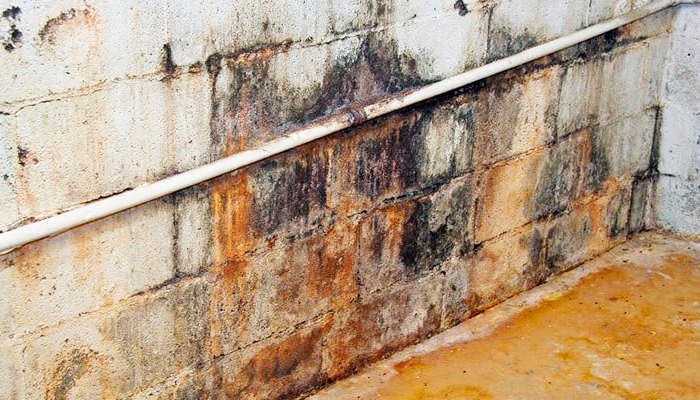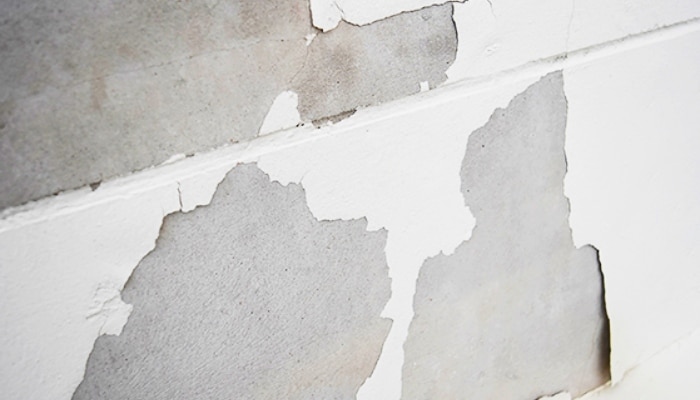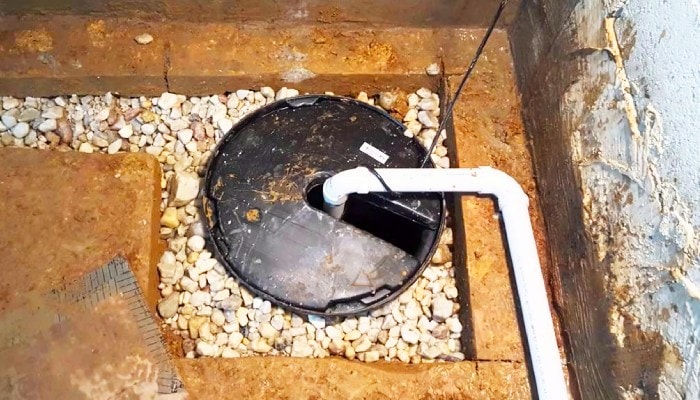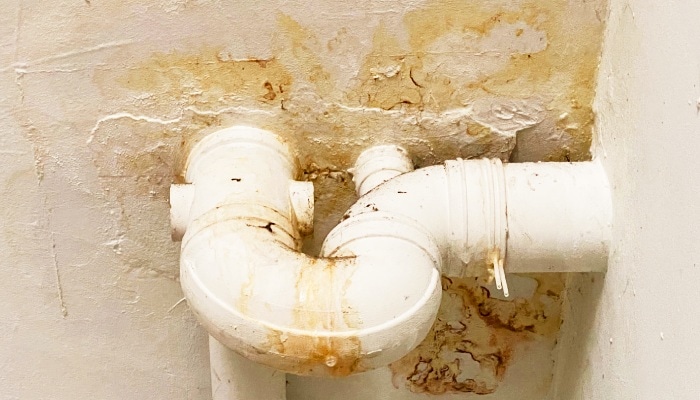Water seepage is a common issue that many homeowners face, and it can lead to significant problems if left unaddressed. This blog post aims to explain what water seepage is, its causes, effects, and ways to prevent it. By understanding this phenomenon, you can take proactive steps to protect your property and ensure a dry and safe environment.
What is Water Seepage?
Water seepage, also known as water infiltration or leakage, refers to the slow and often unnoticed passage of water through a surface or structure. It can occur through walls, floors, roofs, or foundations and is typically the result of water moving from areas of higher pressure to lower pressure. This movement can be driven by various factors, including gravity, capillary action, or hydrostatic pressure.

Causes of Water Seepage
Rainwater and Surface Water
Poor drainage systems can allow rainwater to accumulate near your property, which may eventually seep into basements or crawl spaces.
Surface water runoff from driveways or walkways can infiltrate foundations if proper grading is not maintained.
Hydrostatic Pressure
In areas with a high water table or heavy rainfall, hydrostatic pressure can force water into basements and underground structures.
Plumbing Leaks
Leaking pipes, broken seals, or faulty connections within your plumbing system can lead to water seepage inside walls, ceilings, or floors.
Cracks and Gaps
Structural weaknesses, such as cracks in the foundation or gaps around windows and doors, can provide a path for water to enter your property.

Effects of Water Seepage
Ignoring water seepage can have several adverse effects on your property:
Structural Damage
- Water seepage can weaken building materials, leading to cracks, corrosion, and rot in walls, floors, and foundations.
Mold and Mildew Growth
- Moisture from water seepage provides an ideal environment for mold and mildew to thrive, which can be detrimental to your health and property.
Health Risks
- Mold and mildew can cause respiratory problems and allergies, posing a risk to your family’s health.
Reduced Property Value
- Untreated water seepage issues can decrease your property’s value, making it less attractive to potential buyers.
Preventing Water Seepage
Maintain Proper Drainage
- Ensure that gutters and downspouts are clear and direct water away from your property.
- Grade the landscape around your home to prevent water from pooling near the foundation.
Waterproofing
- Apply waterproof coatings or membranes to basement walls and foundations to prevent water penetration.
Seal Cracks and Gaps
- Inspect your property for any cracks or gaps, and seal them using appropriate sealants or caulking.
Regular Inspections
- Periodically inspect your plumbing system for leaks and address them promptly.
- Check for signs of water damage and address any issues early to prevent more extensive damage.
Install Sump Pumps
- Sump pumps can be installed in basements or crawl spaces to pump out excess water in case of flooding.

Wrapping Up
Water seepage is a common problem that can lead to significant structural and health issues if not addressed promptly. By understanding the causes and effects of water seepage and taking proactive steps to prevent it, you can ensure the longevity and safety of your property. Regular maintenance and inspections are key to keeping your home dry and secure.



